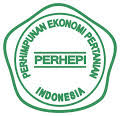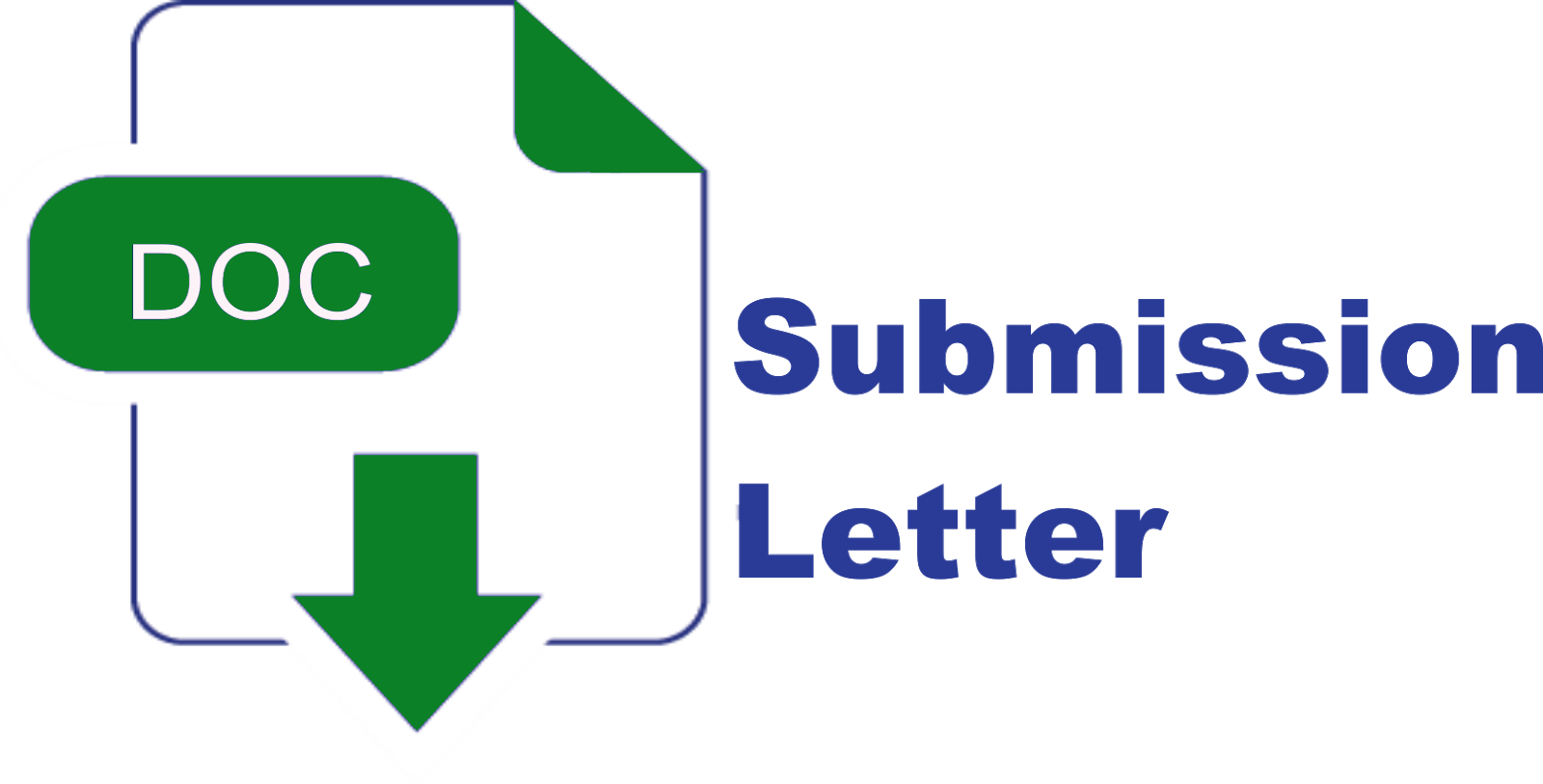Peran Serta Stakeholder Terhadap Kapabilitas Petani Sayur Melalui Media Online
DOI:
https://doi.org/10.25181/jofsa.v7i2.2318Keywords:
Capability, Farmers, Stakeholder Roles, VegetableAbstract
The problem of agriculture and the level of helplessness of farmers in developing their farming is one of the causes of weak capability building and institutional farmers. Support from the role of stakeholders is the spearhead of success in increasing the capacity of farmers. The problem of agriculture is not just a matter of technology but also how the dissemination of information reaches farmers who are numerous and widely spread, until farmers participate. Dissemination of information can be done through online media. Online media on the Internet is becoming a trend and there is no denying the benefits provided by these online media. The benefits provided are in the form of easy access to information and emerging issues. Online media that is being widely discussed by the public are Google, Yahoo, Facebook, Twitter, WhatsApp and Telegram. This study aims to determine the role of stakeholders (private companies) in increasing the capacity of farmers through online media. The study was conducted in Kecamatan Gisting dan Sumberejo Subdistricts located in Kabupaten Tanggamus Regency, Lampung Province. Determination of location is done intentionally (purposive sampling) with the consideration that Kec. Gisting and Sumberejo. Determination of the role of the respondent private extension (stakeholder) which is directed at the private instructor PT. DuPont Indonesia (Pioneer) and PT. Syngenta Indonesia is done intentionally (purposive sampling). The method used in this research is descriptive qualitative method. The type of data in the study consisted of primary data and secondary data. Primary data were obtained directly from informants, while secondary data were obtained through records, reports, documents, photographs and other written material related to research. Data collection techniques are carried out through observation, in-depth interviews, document study (documentation), and triangulation or combination. The method of data analysis was conducted using the Miles and Huberman model, namely analysis while in the field which included data reduction, data display, and conclusion drawing and verification (conclusion drawing / verrification). The results of the study concluded that the role of stakeholders can be in 5 ways namely policy creator, coordinator, facilitator, implementor, and accelerator. Farmers agree that the role of stakeholders consisting of private extension has provided good support and is very popular in their routine visits and through the demonstration plot and field school program by farmers. The role of stakeholders (private instructors) plays a role in terms of facilitators and accelerators. Furthermore, farmers agree that the use of online media in the form of whattsapp groups has functioned and helped in increasing the ability of agribusiness and increasing the capacity of vegetable farmers in Kabupaten Tanggamus, as well as making it easy to get information directly from private extension workers.Downloads
References
Aminah, S. (2015). Pengembangan Kapasitas Petani Kecil Lahan Kering untuk Mewujudkan Ketahanan Pangan. Jurnal Bina Praja, 07(03), 197–209. https://doi.org/10.21787/jbp.07.2015.197-209
Anantanyu, S. (2011). Kelembagaan Petani: Peran dan Strategi Pengembangan Kapasitasnya. 7(2), 102–109.
Balaji, V., Ganapuram, S., & Devakumar, C. (2015). Communication and capacity building to advance adaptation strategies in agriculture in the context of climate change in India. Decision, 42(2), 147–158. https://doi.org/10.1007/s40622-015-0086-0
Haryanto, Y., Sumardjo, Aminah, S., & Tjitropranoto, P. (2017). Penyuluh kontrak tenaga harian lepas. Jurnal Pengkajian Dan Pengembangan Teknologi Pertanian, 20(2), 141–154.
Hetifah. (2003). Inovasi, Partisipasi dan Good Governance. Yayasan Obor Indonesia.
Marius, J., Sumardjo, Slamet, M., & Asngari, P. (2008). Pengaruh Faktor Internal dan Eksternal Penyuluh terhadap Kompetensi Penyuluh di Nusa Tenggara Timur. Jurnal Penyuluhan, 4(2), 2–5.
Nugroho, H. C., Zauhar, S., & Suryadi. (2014). Koordinasi Pelaksanaan Program Pengembangan Kawasan Agropolitan di Kabupaten Nganjuk. Jurnal Pembangunan Dan Alam Lestari, 5(1), 12–22. https://jpal.ub.ac.id/index.php/jpal/article/view/147
Purwanto, Syukur, M., & Santosa, P. (2007). Penguatan Kelembagaan Kelompok Tani dalam Mendukung Pembangunan Pertanian di Jawa Timur. Balai Pengkajian Teknologi Pertanian.
Robbins, P., & Stephen. (2001). Perilaku Organisasi. Jilid I. Edisi Delapan. Erlangga.
Slamet, M. (2013). Meningkatkan Pertisipasi Masyarakat dalam Pembangunan Perdesaan”, dalam Membentuk Pola Prilaku Manusia Pembangunan. diedit oleh Sudrajad dan Yustina (Sudrajad & Yustin (eds.)). IPB Press.
Sugiyono. (2013). Metode Penelitian Pendidikan Pendekatan Kuantitatif, Kualitatif, dan R&D. Alfabeta.
Syahyuti. (2014). PENYULUHAN PERTANIAN INDONESIA Strategic Role of Self-Help Extension Workers in the New Paradigm of Indonesian Agricultural Extension. Forum Penelitian Agro Ekonomi, 32(1), 43–58.
Veronice, Helmi, Henmaidi, & Arif, E. (2018). Dapat Terwujud Pada Peningkatan Usaha Dan Kehidupan Petani Di Kawasan Pertanian Melalui Pendekatan. 2(2), 1–10.
Yusup, P., & Subekti. (2010). Teori dan Praktik Penelusuran Informasi (Information Retrieval). Kencana.
Downloads
Published
How to Cite
Issue
Section
License
Copyright (c) 2023 Journal of Food System and Agribusiness

This work is licensed under a Creative Commons Attribution-NonCommercial 4.0 International License.
With the receipt of the article by the Journal of Food System and Agribusiness Editorial Board and the decision to be published, then the copyright regarding the article will be diverted to the Journal of Food System and Agribusiness.
Politeknik Negeri Lampung as the publisher of the Journal of Food System and Agribusiness holds the copyright regarding all the published articles in this journal.
Politeknik Negeri Lampung has the right to multiply and distribute the article and every author is not allowed to publish the same article that was published in this journal.
The manuscript authenticity and copyright statement submission can be downloaded ON THIS FORM. Fill out the form and submit as a supplementary file.
All publications by Journal of Food System and Agribusiness is licensed under a Creative Commons Attribution Non-Commercial 4.0 International License.
























